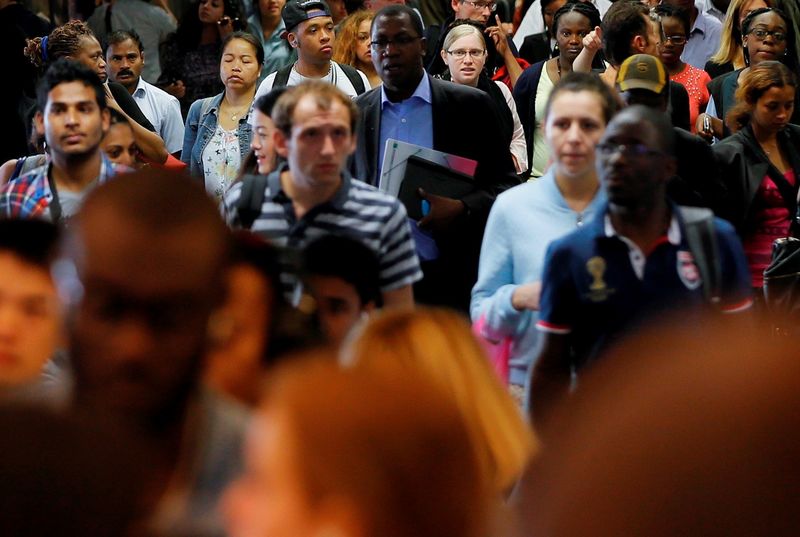LONDON, (Reuters) - New Bank of England rate-setter Michael Saunders said on Tuesday he had not decided how he will vote in November's policy meeting, citing competing signs of slack and growth in the economy.
Saunders voted to keep interest rates unchanged at a record-low 0.25 percent last month, at his first Monetary Policy Committee meeting since joining the BoE from U.S. bank Citi, where he worked as its chief UK economist.
Britain's economy will likely "not be too bad" in the year ahead, barring a sharp rise in Brexit-related uncertainty, Saunders said in his maiden speech, due to be delivered in Manchester on Wednesday to the Institute of Directors.
Saunders said he thought economic growth was probably running at a faster pace than the BoE had projected in August, but added that the economy probably had more slack, too.
"My policy vote will probably depend on which of these factors is dominating," he said.
In its September meeting, a majority of MPC members said they expected to support a further cut in interest rates before the end of the year.
Saunders emphasised that the BoE had plenty of room for manoeuvre if the economy fares worse - or better - than it expects in future, using models to show how policy could respond to these scenarios.
If the economy turns out as the MPC expected in August, the model's optimal path shown for interest rates would be to cut them to the zero lower bound in the near-term and then start to hike them around two years later - something which would be earlier than markets expect.
Saunders stressed that this was not necessarily the path the MPC would choose.
If the economy were to surprise on the upside by 2 percentage points over the next four quarters, the model indicates that the optimal strategy would be to begin hiking interest rates in 2017, he said.
But a sizeable downturn could result in interest rates holding at the zero bound, possibly until 2020.
The BoE had "substantial scope" for further stimulus through asset purchases if required, Saunders said.
(
